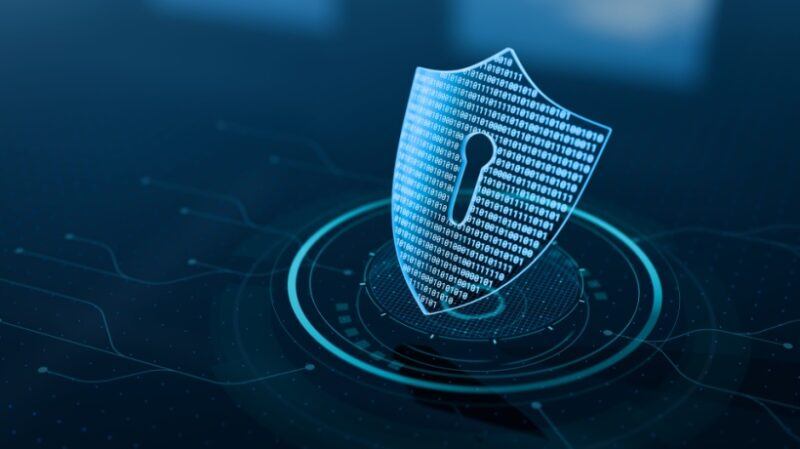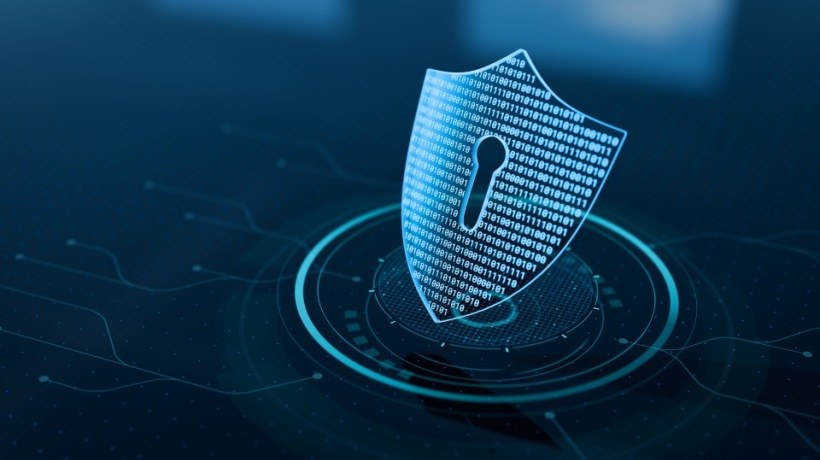
How Encryption Keeps Your Data Safe And Secure
Have you ever questioned how safe your personal information is when you log into your online courses? What if someone gained access to your assignments, grades, or even your private login details? In a world where cyber threats are more prevalent than ever, these are questions every eLearning student should consider.
As you dive into your studies, the last thing you want to worry about is the security of your data. This article will show you how encryption can keep your personal and academic information secure from hackers and data breaches, whether you’re just starting with online learning or want to strengthen your security. So, at the end of this article, you’ll find clear answers to help protect your valuable data.
What Is Encryption?
Encryption is a process that converts readable data into a scrambled format that makes it unreadable to anyone who does not have the right key to unlock it. This confirms that even if hackers or cybercriminals access your data, they cannot understand or misuse it. Let us see the types.
- Symmetric encryption
The same key is used to both encrypt and decrypt the data. It’s fast but requires the secure sharing of the key. - Asymmetric encryption
This involves a pair of keys, one public and one private. The public key encrypts the data, while only the private key can decrypt it. This method is more secure, especially in digital communications.
In the context of eLearning, encryption makes sure that all sensitive information, whether it’s a login detail or an assignment, remains private and protected from hackers. Now, let’s see the examples of encryption in daily life
- Messaging apps
Messaging apps like WhatsApp and Signal use encryption to protect conversations. Similarly, eLearning web apps can strengthen data security for learners. - Online banking
When you make transactions, encryption keeps your financial data safe. - Cloud storage
Services like Google Drive and Dropbox use encryption to secure files.
Why Is Encryption Important For eLearning Students?
Do you know, as an eLearning student, your personal information is constantly being shared online? Whether you’re accessing class materials, submitting assignments, or communicating with instructors, encryption is essential to keep your data safe. Here are a few reasons why encryption is crucial for you:
- Protection of personal information
Your name, email, address, and even payment information for courses are shared online. Without encryption, hackers can easily steal this sensitive data. - Secure login credentials
Strong encryption confirms that your username and password are protected from cybercriminals who may try to steal them. - Privacy in communication
Many eLearning platforms include chat features or discussion boards. Encryption keeps these communications private, so only authorized participants can see them.
Hence, without encryption, hackers could steal or misuse this data. Encryption protects your private information from cyber threats. Now, you have enough information about the encryption and why it is important for you. So, in the next section we will see how it can protect your data.
What Are The Types Of Encryption Used In eLearning
Online education platforms handle a lot of sensitive data, from student records to communication between instructors and learners. To keep this information private and secure, encryption plays a critical role. Here are some common types used in eLearning:
End-To-End Encryption
This type of encryption makes sure that only the sender and receiver can read messages and emails. Popular video conferencing tools like Zoom, Google Meet, and Microsoft Teams use end-to-end encryption to keep online classes and discussions private.
SSL/TLS Encryption
You’ll often see “https://” before a website’s URL–that means the website uses an SSL/TLS certificate for encryption. It protects data as it travels between your device and the site. eLearning platforms like Coursera and Udemy rely on SSL/TLS encryption to safeguard students’ personal information.
File And Storage Encryption
Encryption helps protect files saved on devices or cloud storage. Even if someone gains access to your storage, they won’t be able to open the files without the proper decryption key. Now, we will see the various tips through which students can protect their data.
Tips For eLearning Students To Protect Their Data
While encryption does a lot to keep your data secure, there are additional steps you can take to ensure your personal information remains safe:
- Use strong passwords
Create complex passwords using a mix of letters, numbers, and symbols. Avoid common phrases or easily guessable information. - Enable two-factor authentication
Two-factor authentication adds an extra layer of protection by requiring a second form of verification (such as a code sent to your phone) when logging in. - Choose encrypted eLearning platforms
When selecting an eLearning platform, look for ones that use HTTPS (the secure version of HTTP) and other encryption methods to protect your data. - Be cautious with personal data sharing
Avoid sharing sensitive personal details on forums or public discussion boards unless absolutely necessary. Always verify that the platform you’re using is legitimate and secure.
Common Security Challenges And How To Overcome Them
Despite encryption, some challenges still exist in the world of eLearning security. Here are a few common issues and how you can avoid them:
Phishing Attacks
Cybercriminals often try to trick you into revealing personal information by posing as legitimate institutions or instructors. Be cautious of suspicious emails or messages that ask for login details or personal information.
Fake eLearning Websites
Some websites masquerade as eLearning platforms to steal your data. Always verify the legitimacy of the platform before entering any personal information. Look for “https://” in the website URL and other security indicators.
What To Do If Your Data Is Compromised
If you suspect that your personal data has been compromised, change your passwords immediately and report the issue to the platform. You should also monitor your accounts for unusual activity.
Conclusion
Encryption is a powerful tool that helps keep your data safe while you engage in online learning. Whether you’re accessing course materials, submitting assignments, or participating in discussions, encryption makes sure that your personal information and communications remain private. By understanding its importance and following best practices to protect your data, you can enjoy a safer and more secure eLearning experience. Stay vigilant, and remember, your digital privacy matters.

